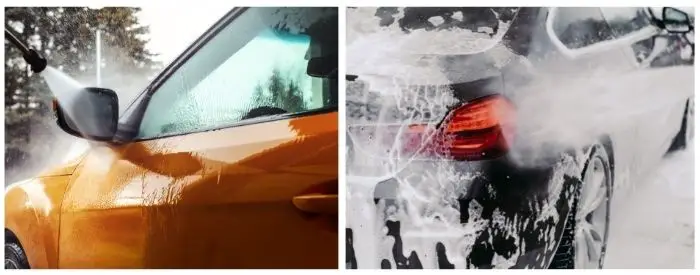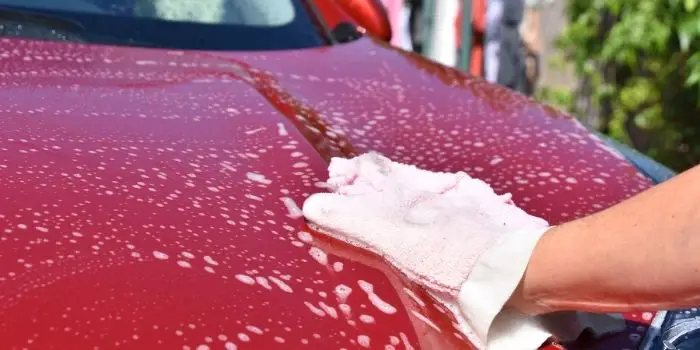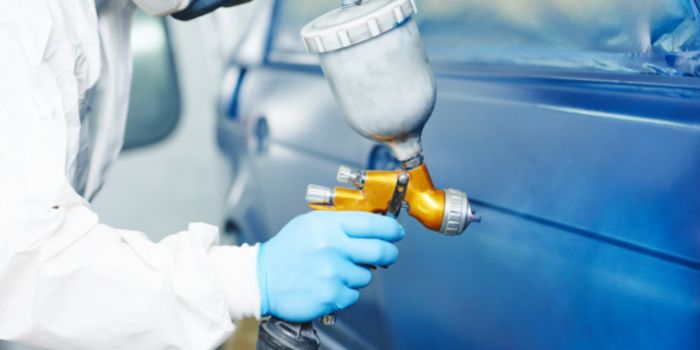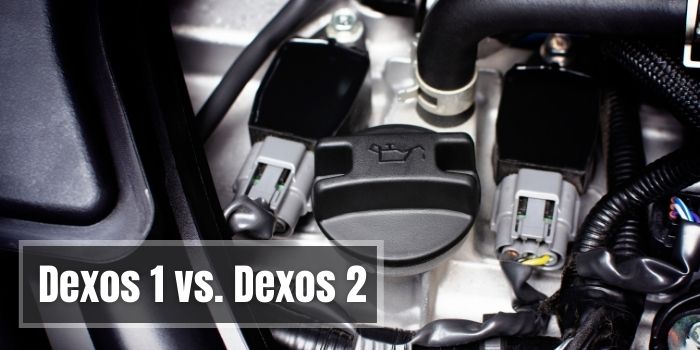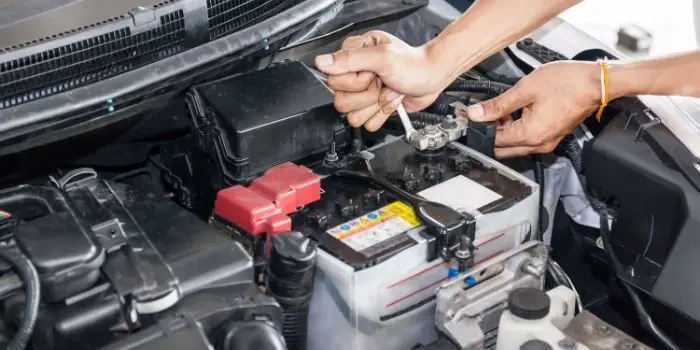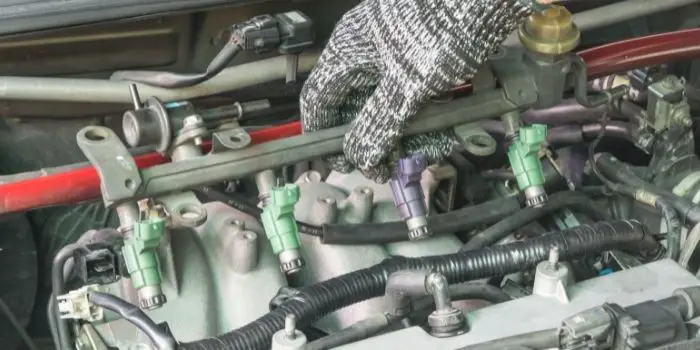Finally, the long nights of winter come to an end when spring dawns.
It is when the climate starts getting warmer, and we no longer have to shudder with cold.
But if you have a car. You still need to worry. Because spring is the season of plant pollen. Which not only harms the texture of cars, but also causes allergies in humans.
If you let it remain on your car, it may even permanently damage the paint.
So, after reading this article, you’ll know the exact reason why pollen is bad for your car, how to get rid of them, and any warnings and precautions you should know beforehand.
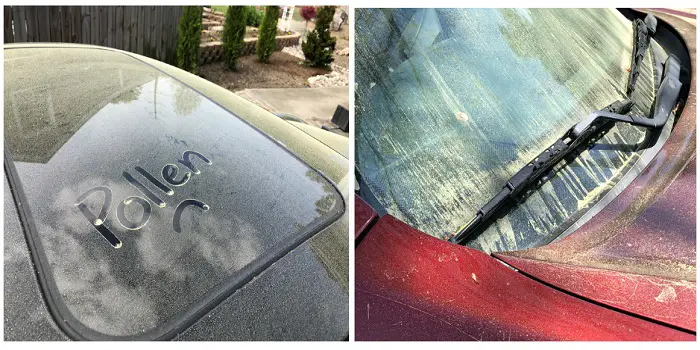
Table of Contents
Why is Pollen Bad for Your Car?
Pollen adheres to everything.
If you have seasonal allergies, it may cause you to sneeze, cough, and have itchy eyes.
But how is pollen so harmful to your vehicle?
Not washing and removing pollen might result in paint problems and corrosion on your car.
As the paint is done on vehicles to protect its metal, the presence of pollen on the top and hood of your automobile doesn’t allow the paint to protect itself.
And as a result, the quality of the paint will deteriorate and reveal the metal. When metal is exposed to the elements, it rusts.
Some folks don’t bother removing pollen from their vehicles and instead depend on Mother Nature.
However, while rain can assist eliminate some pollen, it cannot remove all of it. Rain also produces water stains, which can harm the paint of your automobile.
The reason why pollen can do this is because of acidity. Any acid, as a general rule, is harmful to your paint.
Unfortunately, certain pollen fall into this category, especially when coupled with water. As a result, it may leave minor but noticeable etchings and stains in your clear finish.
Along with damaging the paint, pollen may make its way inside your cabin and trigger allergic reactions in both you and your passengers.
Even if you aren’t sensitive to the dust, it’s a good idea to maintain your cabin clean of it if you want to provide a trip to friends or relatives!
How to Remove Dried Pollen from Car
Simply washing the automobile will not remove all the pollen off the paint.
It is critical to pre-rinse the automobile before proceeding with the usual wash. And this is how you get a spotless, fresh, and clean car whose beauty lasts long.
Step 1: Pre-Rinse
This is the most critical stage in pollen removal from your car.
A pre-rinse is when you sprinkle water on the car before you begin washing it.
This pre-step will vacate the majority of pollen and other impurities from the paint of your automobile.
A standard hose or a foam cannon might be used for the pre-rinse.
Begin by spraying the vehicle’s roof. It is preferable to begin at the top of the automobile and work your way down.
Surface pollen will be removed by water and gravity until it falls off the automobile. Then you may go to the vehicle’s sides.
Step 2: Regular Washing
After you rinse it, proceed with the standard wash. When washing your car, it’s preferable to use the two-bucket approach.
What makes the two buckets approach so special?
This method aids in the reduction of surface scratches on your vehicle.
The microfiber towel will take up microscopic specks of dirt while being washed.
Even if you re-dunk it in the water and soap bucket, these toxins may remain embedded in the microfiber.
Step 3: Paint Protection
When the automobile is thoroughly clean and dried, you may proceed to preserve the paint.
This step assumes you’ve previously applied a coat of wax to the automobile.
If your automobile isn’t already waxed, set aside sometime before proceeding with this step.
Apply spray sealants so that it protects your car’s paint against pollen.
But make sure they should only be used when the vehicle is clean as applying sealants to a filthy automobile will cause more harm than benefit.
Because sealants would react with the dirt and possibly damage the paint of your vehicle.
Can You Use Simple Green to Wash Your Car – is it safe?
Generally, yes.
I believe, Simple Green is a great cleaner and it’s pretty safe for washing your car exteriors without damaging your expensive paint.
What I like about the “All-Purpose” cleaning agent is its ingredients that are safe and not corrosive.
With that said, you should always dissolve the car wash (in a bucket) before you use it on your car.
Make a good foam and then dip a towel into the bucket to start washing the car.
Focus on one section of your car at a time and rinse off the section well before moving to another.
After you have washed the entire car, rinse your car well and dry using the microfiber towels.
If you prefer using a pressure washer (instead of towel) make sure you use the right nozzle.
For most car surfaces, washing with a 2000 psi pressure washer and a white-head nozzle will work best.
You can simply pour Simple Green All-Purpose cleaner into the foam cannon and start washing your car for pollen removal.
PRO TIPS:
Do not allow Simple Green to dry into your car’s paint, as it might then damage the paint.
Particularly if you leave the foamy, dirty water for long on the surface of your car it can dry – and that’s really unsafe.
Washing your car under the shade or under a tree can help regarding this as it will not allow the dirty water to dry quickly in the sunlight.
Warnings and Precautions – Things Not to Do
These are a few things you should avoid this spring to keep your automobile pollen-free:
Allow the Rain
Pollen removal from your car cannot be accomplished just through the use of rain as it may remove some pollen, but there will still be traces on the surface.
And worst of all rain and pollen will combine to leave unsightly wet marks on your automobile which you may not like at all.
Wipe the Car Down Without Using Water
If you’re in a hurry, you might be tempted to quickly wipe down the car.
However, you must prevent this at all costs. Avoid this even if you believe you’re being careful.
Simply keep the car as it is and later give it a thorough cleaning when you get the opportunity. This will be far more secure.

Based in Orem (Utah) John Paterson graduated from Utah Valley University and has begun writing in 2009. He has a large wealth of experience in writing articles related to cars, automotive repair, wheels, cleaning/maintenance, and much more. He has also written instructional articles in a similar niche for a few online publications as well. Currently, he works as a mechanic in his personal garage shop where he loves serving his countrymen from his heart.

